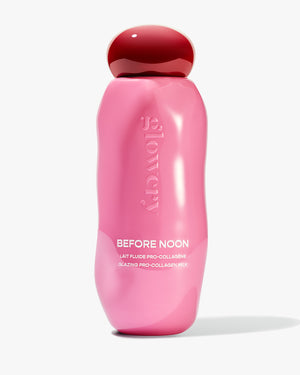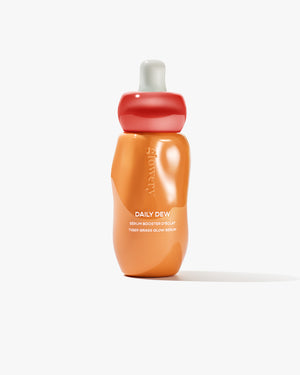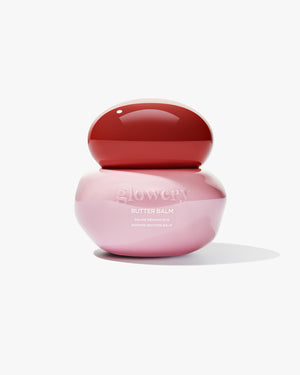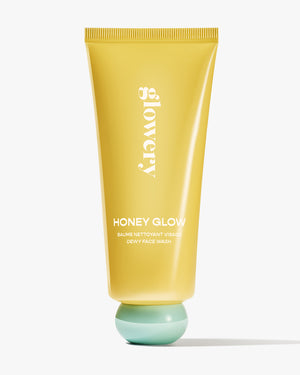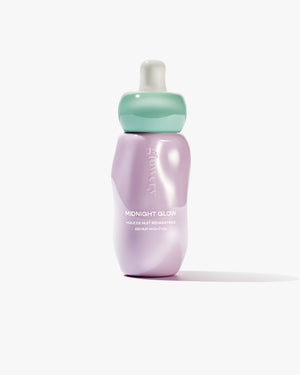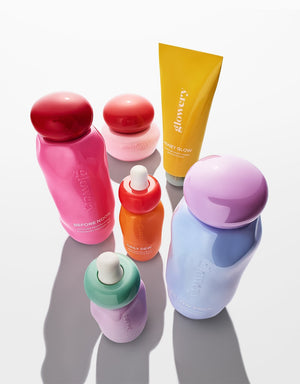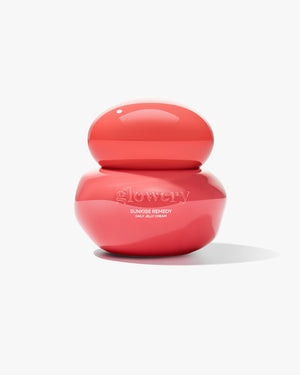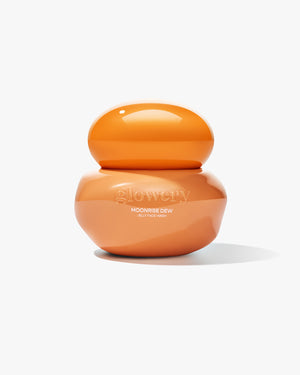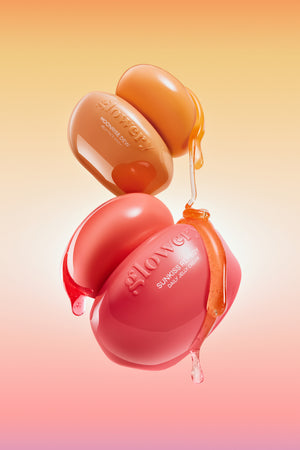Beauty Culture is evolving.
Let’s not leave our mental health behind.
by Sasha, student at La Sorbonne - in Paris.
Beauty culture is evolving at lightning speed, but why does it sometimes feel like everyone is telling us how to be beautiful except ourselves?
It’s no secret that beauty culture is shifting at lightning speed. A decade ago, we were still living in a world where flawless skin and thinness were the ultimate goals, where photoshopped images were the standard and realness didn’t stand a chance. Today, social media has disrupted that world, giving birth to a new wave of beauty trends, routines, and products that claim to have the “secret formula” to perfect skin.
But with every new viral trend, are we losing sight of something much more important? The conversation around beauty has exploded, but the conversation about mental health and self-acceptance is still being sidelined.
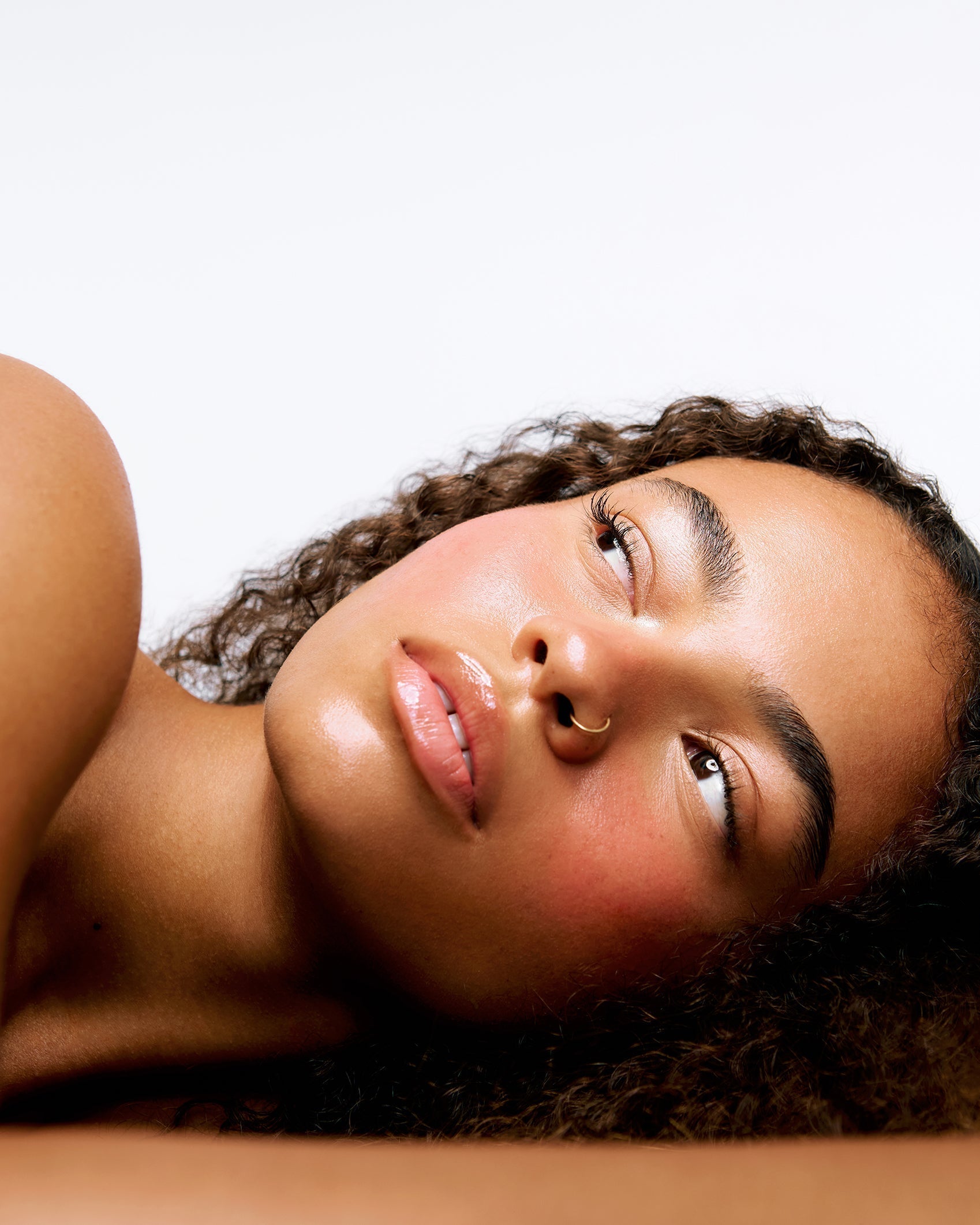
Is beauty culture actually supporting us, or hurting us?
Let’s get real for a second. We’re constantly told to do more. More products, more steps, more ‘effortless’ beauty. "Why isn’t my skin as flawless as hers?" we wonder after scrolling through TikTok, Instagram, or YouTube. But here's the reality: beauty culture, as we know it today, has placed an unfair burden on us.
The constant pressure to meet beauty standards, fueled by endless product recommendations and before-and-after photos, is overwhelming. And it’s no surprise that mental health struggles, like anxiety and self-esteem issues, are on the rise, especially among young people. We’re constantly measuring our worth based on how we look in comparison to others, and that’s a huge problem.
The hidden toll of social media on our self-perception
There’s a reason we can’t escape the “effortless beauty” trends on TikTok. They promise a shortcut to perfection, a way to emulate the flawless images we see online. Yet, many of these trends leave us feeling more disconnected from our true selves than ever before. Beauty culture isn’t just about enhancing our appearance; it’s about fitting into an image we’re told is the ideal.
What we’re not talking about enough is how these trends play on our insecurities. Filters and editing apps, which started as fun tools, have morphed into instruments that distort reality. So much of what we see online isn’t even real skin. It’s a manufactured, unattainable standard. And it’s time we took back control.
Let’s rethink beauty: feeling good, not fitting in
The shift in beauty culture can be powerful , but only if it’s rooted in self-care rather than perfection. What if we stopped chasing trends that don’t even reflect our unique needs? What if we embraced the beauty of simplicity, realness, and acceptance?
It's not about ignoring skincare or brushing off the importance of taking care of yourself. It’s about listening to your skin, respecting its natural cycle, and nourishing it without trying to force it into a mold. Glowery’s vision is built around the idea that beauty should be empowering, not overwhelming. By creating products that strengthen the skin barrier and support its natural rhythm, we can nurture our skin without causing it harm.
What does healthy beauty really look like?
True beauty isn’t something that’s created with layers of makeup or an endless skincare routine. It’s about feeling comfortable in your own skin, literally and figuratively. It’s about understanding that beauty isn’t one-size-fits-all, and neither should your skincare routine be.
Here’s the thing: when your skin feels good, you feel good. Your glow comes from within, and no viral trend can ever replace that.

The path forward: how we can embrace the change
Beauty culture is evolving, yes. And so should we. It's time to shift the narrative, focus on what really works for us (not what’s trending on TikTok), and prioritize self-care over self-criticism. It’s not about having the perfect routine or flawless skin : it’s about nourishing our skin, embracing imperfections, and learning to love ourselves in all our realness.
Here’s our challenge to you: Stop letting external standards define your beauty. Start defining beauty for yourself. Focus on the health of your skin, not how well you fit into an image. Choose products that make you feel good, not products that promise unrealistic results.
Are you ready to redefine beauty?

